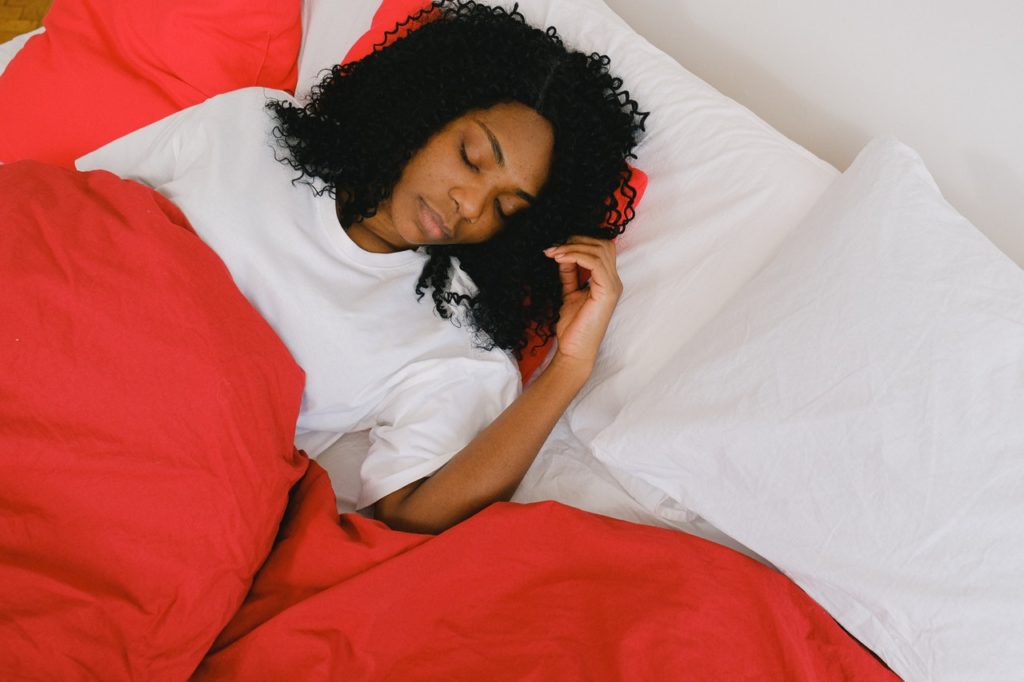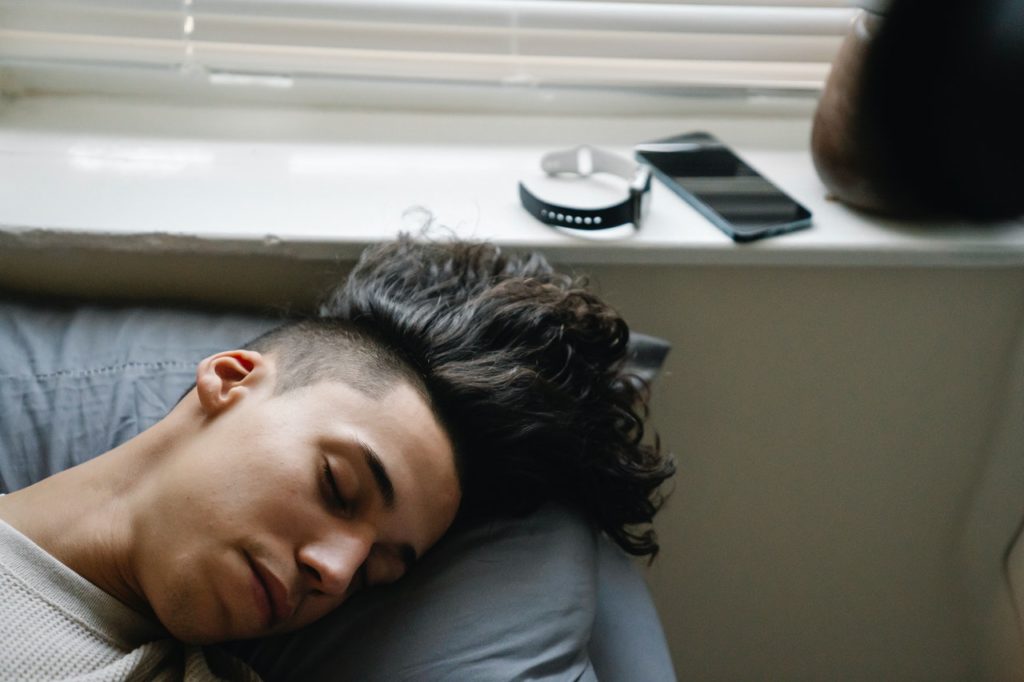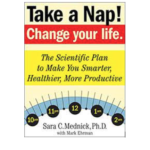How to Take Great Naps
Great Naps
Tired? Late night? Couldn’t sleep? Taking a nap can be a great remedy to catch up on a little sleep.
Naps can be defined as a short burst of sleep that is generally in the daytime and often to offset sleep lost at night. They can be just the boost we need.
11 benefits of taking naps and 15 ways to take great naps below.

11 Benefits of taking Naps

Taking a nap doesn’t take long, isn’t a hard process and can provide a number of benefits including;
- A boost to get through the rest of the day
- Time set aside for rest and relaxation
- Top up of the recommended 7-9 hours per night
- Improved mood
- Lowered stress and anxiety levels
- Increased memory function (study information here)
- Reduced tiredness, sleepiness and fatigue
- Can improve memory
- Boost to immunity
- Increased alertness and concentration levels
- Enhanced cognitive function
2 Potential Negatives of taking Naps

This guide wouldn’t be complete without noting the 2 potential drawbacks of taking naps;
- Daytime groggyness (or sleep inertia)
- Inability to sleep at night
15 Ways to Take Great Naps

- Aim between 10 – 30 minutes: Any longer and you can drift into deep sleep which can make it harder to wake up again and may leave you feeling groggy.
- Nap Early: Between 12-3pm is ideal. Napping too late (early afternoon onwards) can upset night time sleep and make you even more tired.
- Set an Alarm: Pretty self-explanatory, you don’t want to wake up hours later!
- Create a Sleep Environment: Preferably a dark, quiet space at room temperature.
- Choose a Regular Nap Time: Your body will get used to it and your circadian (sleep/wake) cycle will adjust accordingly.
- Don’t Get too Comfortable: Consider sleeping on the couch or in a chair. Getting too comfortable in bed may mean that you fall asleep for longer
- Assess Why You Are Napping: Keep an eye on your reasons for napping. If you aren’t sleeping enough at night, try to improve the quality of that sleep (see Peaceful Soul guide to Sleep here)
- Assess Your Naps: If you wake up feeling too groggy, try shortening the nap next time. If you wake up unrested, try slightly lengthen your nap. Practice makes perfect.
- Clear Your Mind: Napping in the day can mean that we have the thoughts from the day buzzing around in our head. Mix lying down for a nap with a meditative process. Try to clear your mind. Observe thoughts but don’t let them consume your mind.
- Try Breathing Exercises: The natural way to calm things down and rest. Try the 5 / 7 technique. Breathe in for 5 seconds and out for 7 seconds. Repeat 10 times. The longer out breath activates the para sympathetic nervous system, naturally calming the body and mind. See Peaceful Soul guide to breathing exercises here.
- Try Not to do Complex Tasks Right Before Your Nap: You don’t want your mind to be too alert when you only have a short opportunity to get a quick snooze.
- Try Listening to Soft or Relaxing Music: If you are having trouble sleeping try some gently relaxation music. There is plenty of this type of music available for free on various platforms such as YouTube (e.g. here)
- Try a Caffeine Nap: This may sound counter-intuitive however having a cup of coffee prior to a nap can help you wake up feeling refreshed. Caffeine takes about 20 minutes to kick in so drinking one just before a brief nap can help wake up feeling alert and ready to go.
- Get Some Fresh Air or Light Exercise Afterwards: Wake yourself up gently.
- See a Professional: If you are feeling constantly fatigued or falling asleep in the day, see a health professional or sleep specialist as it may be a sign of a sleep condition or underlying illness.
Further Exploration - Articles & Media

Wikipedia: Nap
Wikipedia's definition of naps and further nap information including; the benefits, negative effects, power naps, stimulant or caffeine naps and systematic naps.

Article: Napping
Sleepfoundation.org article looking at types of naps, whether naps are good for us, the harms of napping, how to take the best naps and the effects of napping by age.

Book: Take a Nap! Change Your Life: The Scientific Plan to Make You Smarter, Healthier, More Productive
Book from Sara C. Mednick, Ph.D scientifically-based programme that shows us how we can fight fatigue through a custom-designed nap. Includes information on sleep cycles, how to assess our tiredness and how to set up a personal sleep plan.
***This is one of the few affiliate links on Peaceful Soul***

Article: Your Complete Guide to Taking the Best Nap of Your Life
Healthline's guide to taking the best nap including the benefits of napping, how long to nap for, how to nap, how to nap during the day, should I nap at night, how to wake up and who should avoid naps.

Article: Is your daily nap doing more harm than good?
Harvard Health Publishing looking at how naps can be helpful but may also signal chronic sleep deprivation. Includes information on the pros and cons of naps, how to nap well and tips for a better night's sleep/.

Article: Take a Nap: The Benefits of Napping and How to Make It Work for You
American Heart Association article looking at the benefits of napping, how to nap smart and planning your nap now. Includes a sleep quiz and a links to various scientific studies.

Article: Sleep: How to nap like a pro
Article from the BBC looking at scientific studies around how a nap can be more affective than caffeine, when the best time to nap and how to nap like a pro including how sleep apps and masks can help.

Video: How long should your naps be?
TED-Ed Youtube video from Sara C. Mednick looking at the benefits of napping and the optimal length and time of day for a nap.

Forum: How do I fall asleep in 1 minute or less?
Quora forum with suggestions around how to fall asleep quick which could very much help your daytime naps. With over 40 answers including; trying breathing exercise and using coconut oil.

Forum: How to take the perfect nap.
Reddit forum with over 300 comments discussing how to take the perfect nap including when, how long and where to nap.

Article: Napping Tips: 7 Expert Strategies For Maximizing Your Naptime
7 tips to maximize nap time from Huffpost including avoiding naps if you're an insomniac and trying for a "Full Sleep Cycle Nap" if you have time

Article: Can a Nap Boost Brain Health?
Article from John Hopkin's medicine looking at the benefits of napping to brain health, when we should take a nap and problems with longer naps.
More Body Guides From Peaceful Soul

Guides
Click here for the latest Peaceful Soul guides to enhance physical wellbeing
